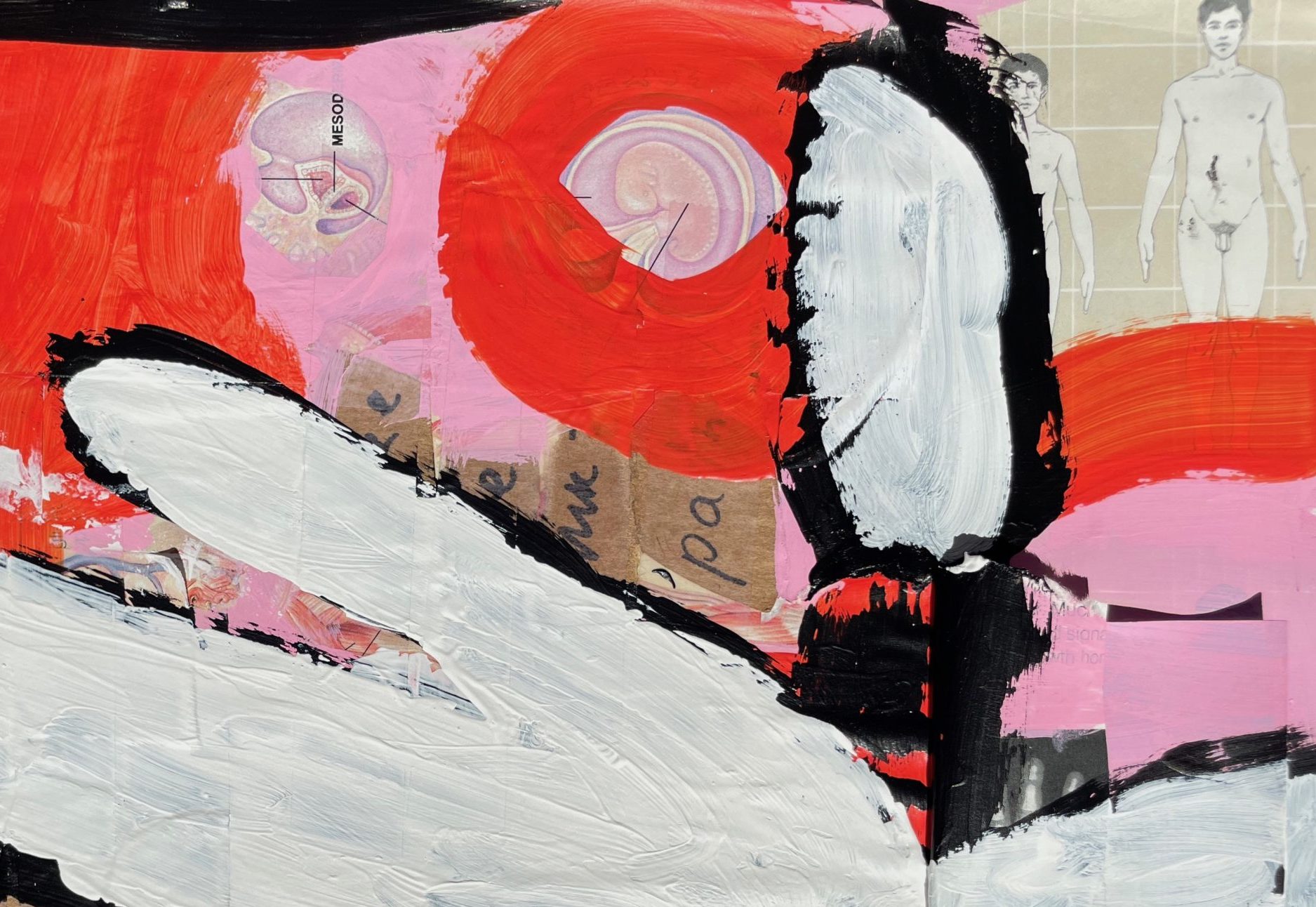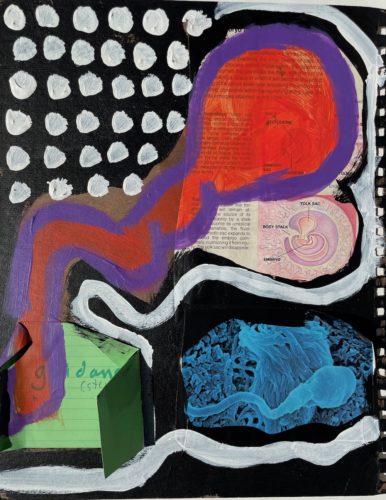(just a reminder that i am making myself the subject of this experiment. i therefore speak as a fictional character, the subject “elizabeth.” and also, i am reporting all this as the scientist in the white coat, Dr.T.)
What did I do?
Scrambled for connection and validation
Was constantly guessing…
is this love or is this hate?
Is he nice or mean?
Seduced and begged
Tried to make myself perfect
Leaned too much on my looks
Conformed and then alternately rebelled
Made him mad to get negative attention
Became addicted to attention
Took love however and wherever I could find it
was scared all the time
couldn’t (didn’t) trust the people who claimed to love me
Got so hooked on rejection/seduction/completion cycle that I didn’t care about other people or their feelings
Decided to stop loving him
NOTE: I wanted him to love me… what is that? The wanting someone to love you— sometimes the wanting love becomes the relational experience, rather than the giving and receiving love
why does this matter? we’re on the road to find out.
for your consideration: the person who is being not-loved and is still giving love to the not-loving love object
i.e. a person who is pouring love into a bottomless pit
false beliefs in the mix: my inner world is unreliable, i can’t trust myself, i can’t trust love
MORE FALSE BELIEFS:
“Even further back into the past, the ancient Greek physicians thought that female hysteria resulted from the movement of the womb (Greek hystera uterus or womb, whence the name), which during an attack of hysteria rose from the lower abdomen into the throat. Expressed in Plato’s Timaeus: ‘The womb is an animal which longs to generate children. When it remains barren too long after puberty, it is distressed and sorely disturbed, and straying in the body and cutting off passages of breath, it impedes respiration and brings the sufferer into the extremist anguish and provokes all manner of diseases beside.”
“The Greeks also thought that the ‘animal’ womb was sensitive to aromatic smells. Aretaeus of Cappadocia, a Greek physician, who lived in Rome in the latter half of the 2nd century stated: ‘It delights also, in fragrant smells and advances towards them; and it has an aversion to fetid smells, and flees from them, and, on the whole, the womb is like an animal within an animal.’ Thus by applying pungent smelling salts at the nose the womb would be driven back to its rightful place in the lower abdomen and no longer impede breathing.
Read more:
https://www.newscientist.com/article/mg13318045-700-forum-the-air-sacs-and-the-tennis-court-mark-williams-finds-fault-with-some-established-truths/


